Polonica in „Registrum Equitum Sancti Sepulchri” (1561-1848)
Author(s): Olgierd Lenczewski / Language(s): English
/ Issue: 138/2022
Keywords: Registrum Equitum Sancti Sepulchri; Michele Piccirillo; Custody of the Holy Land; Knights of the Holy Sepulchre; Knights of Jerusalem;
The Registrum Equitum Sancti Sepulchri is a valuable source for presenting the contacts of Poles with the Holy Land in the years 1561-1848. On the pages of this book, you can find information about approximately 1,590 people who took part in the fitting ceremony for knights of the Holy Sepulchre in Jerusalem. Fifteen of them refer to the Polish Order of the Holy Sepulchre. To demonstrate their presence in the book, one should take into account the historical and geographical location of Poland at that time. Index equites can be inconsistent. Generally, information about the nominees includes: noble titles, public or ecclesiastical positions, family affiliation, origin. It happens, however, that data on knights has been reduced to a minimum. Before the liber began to be maintained, notes were made about the people knighted. It is estimated that, in the years 1348-1560, 817 knights were fitted. However, it is not known how many people more precisely enlisted under the banner of the Knights of the Holy Sepulchre until 1560, because these notes were confiscated by the Turkish authorities. Although, on the basis of available sources, it is possible to reconstruct the list created during this period. Based on the registrum equitum, it is impossible to determine how many citizens of the Commonwealth received the title eques Sancti Sepulchri, because the Franciscan monks did not register every knighthood. This is evidenced by the examples contained in this article. It should be noted that the title eques hierosolymitanus was used not only by the knights of the Holy Sepulchre. This title was also claimed by other orders: the Knights of Malta, the Knights of Jerusalem from the Order of Saints Maurice and Lazarus, or the Knights of the Order of the Golden Fleece. The author of the article did not make use of the entire transcription made by Father Michele Piccirillo, OFM in the book Registrum Equitum SSmi Sepulchri D.N.J.C. (1561-1848), but the photocopies of the originals included in this publication, because he noticed that the above edition does not meet editorial criteria, and contains many inaccuracies. However, the publisher should be thanked for publishing the said register together with photocopies of the manuscript.
More...

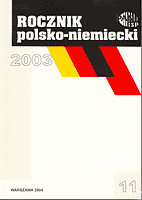
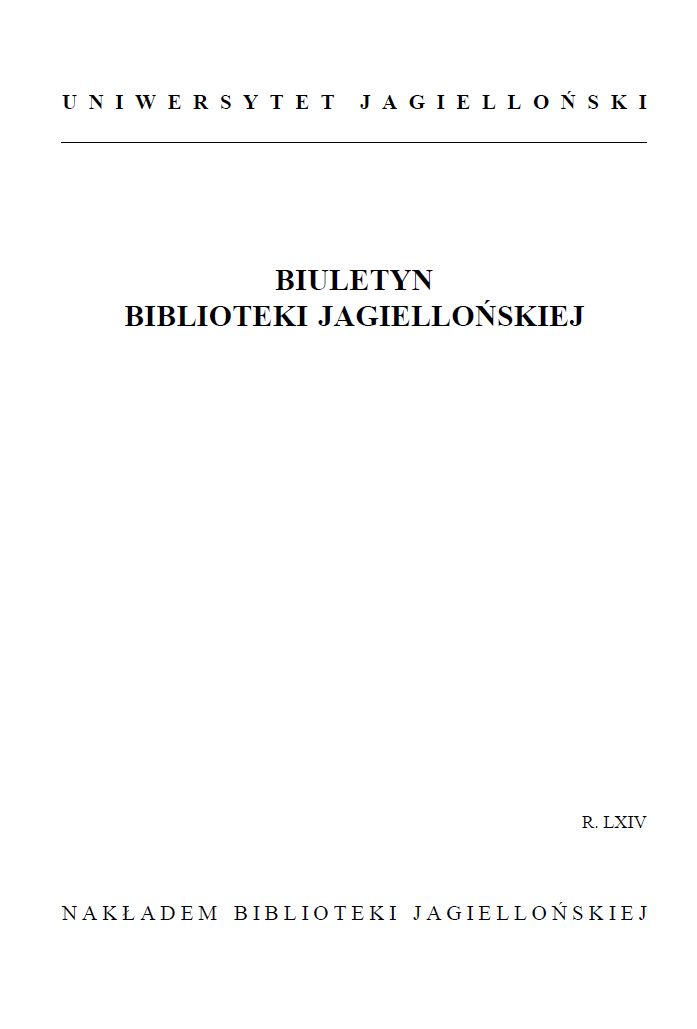
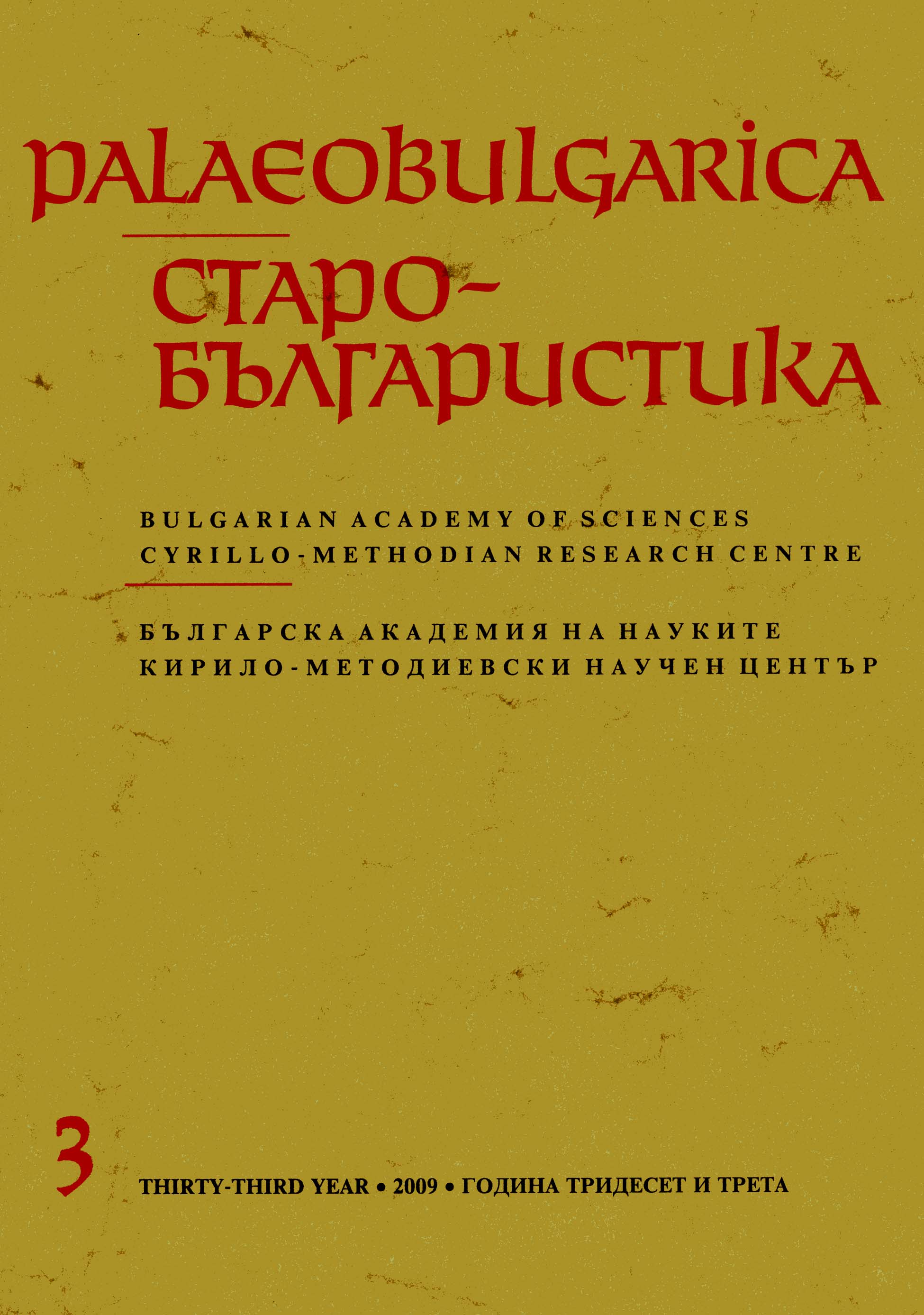
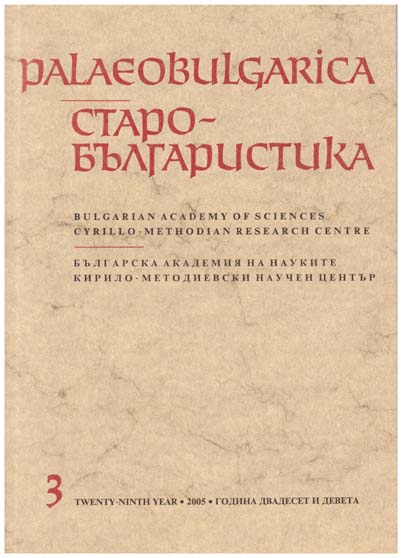
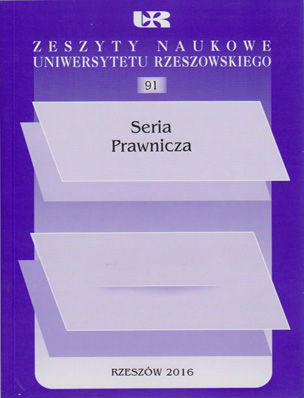
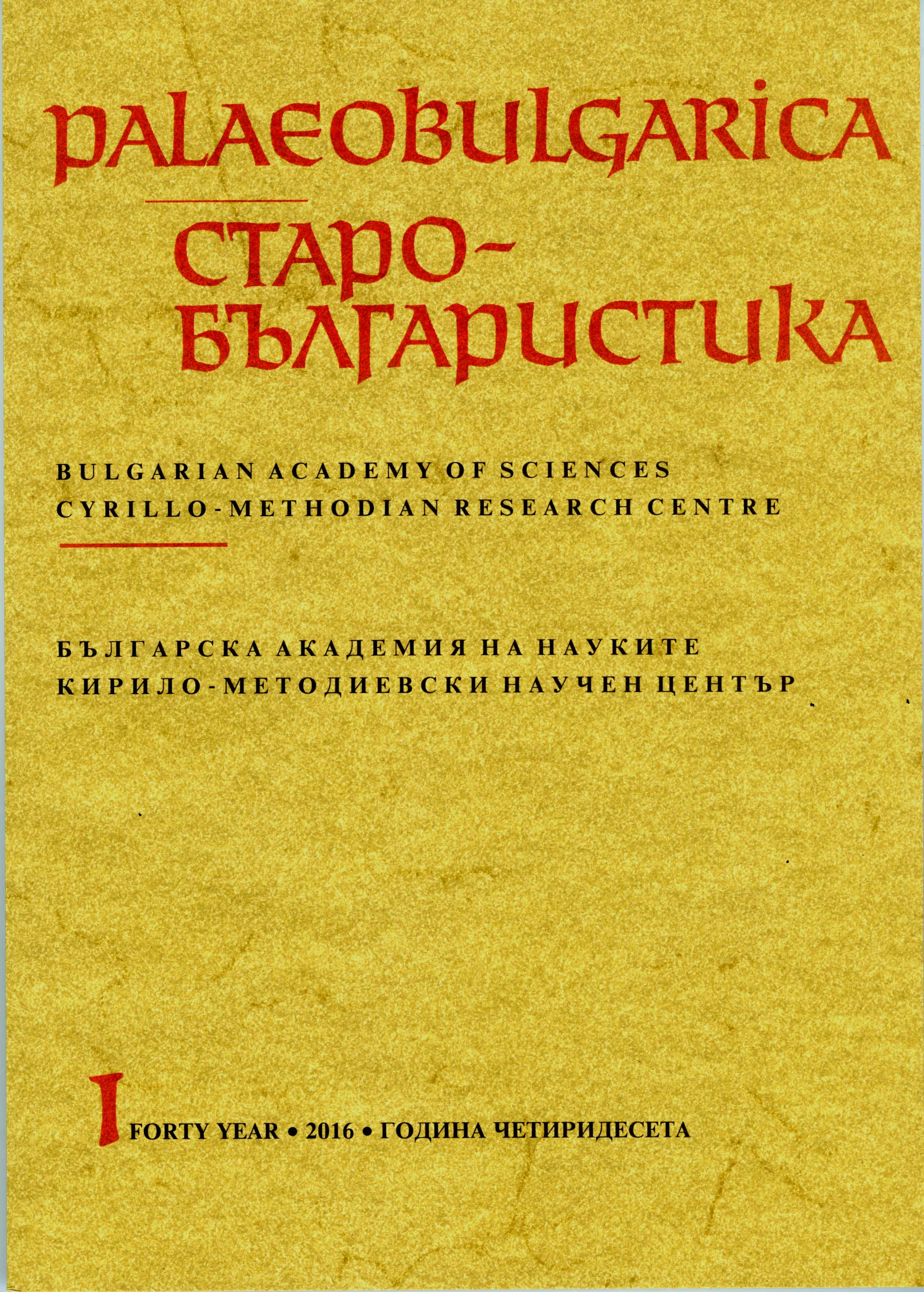
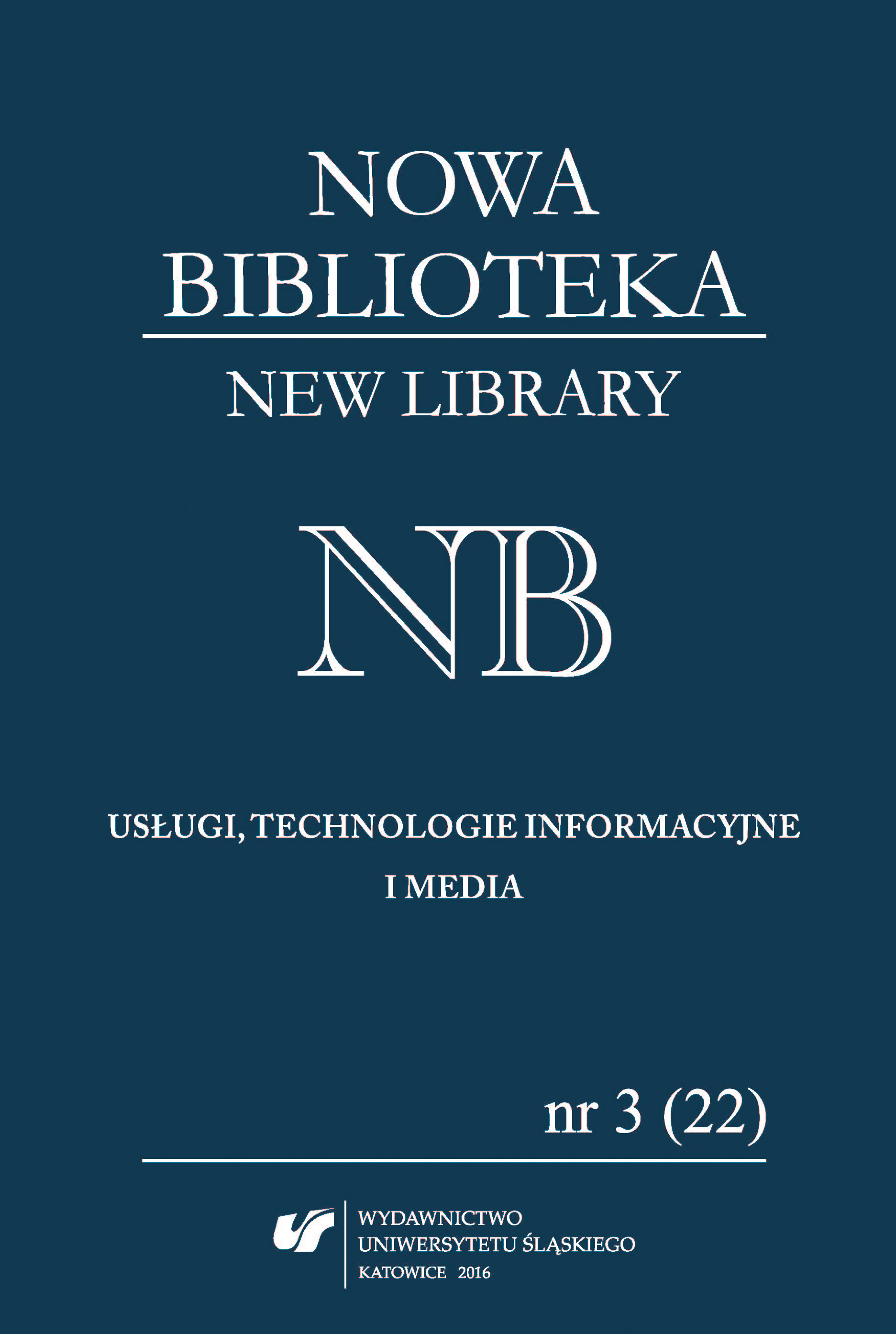
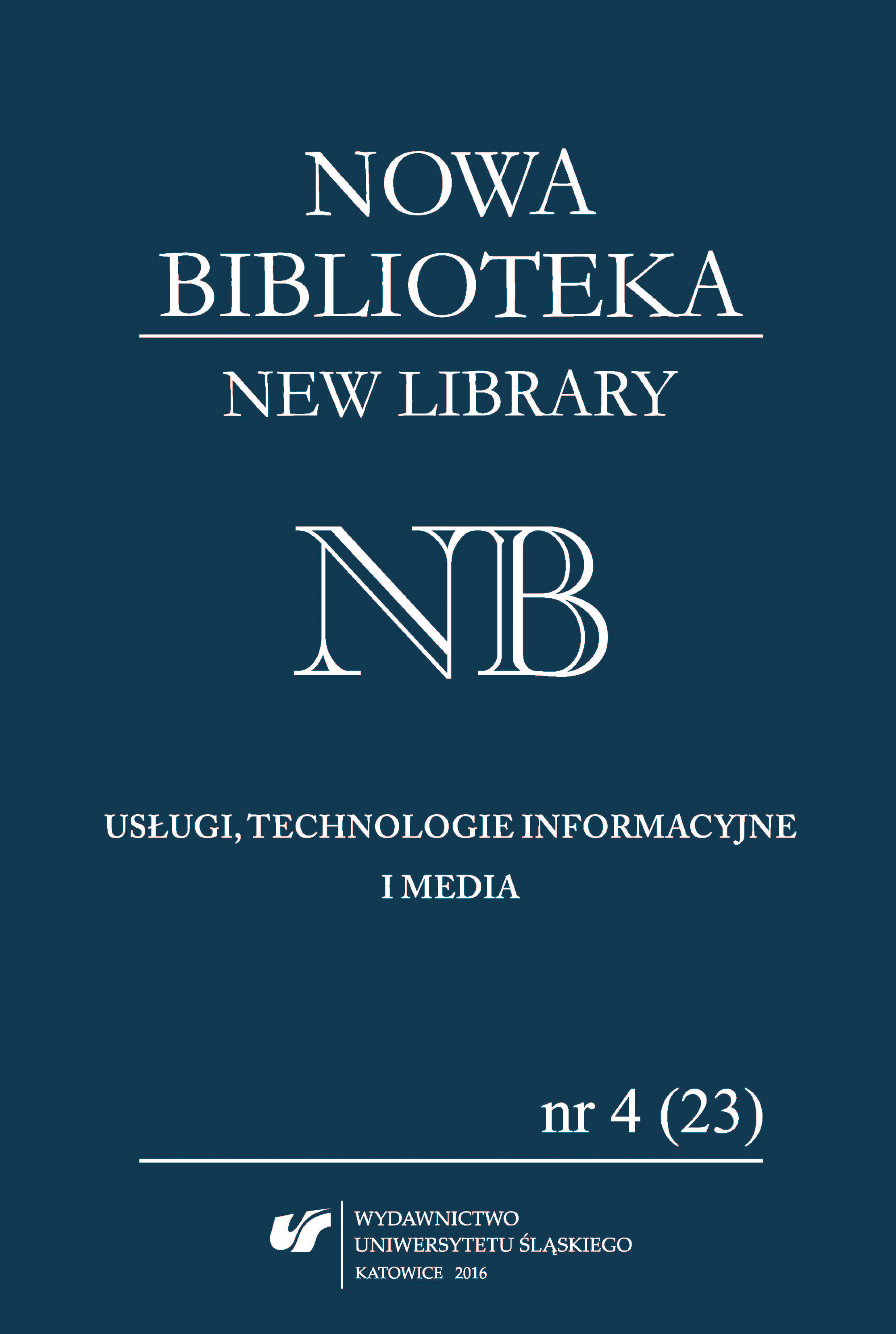
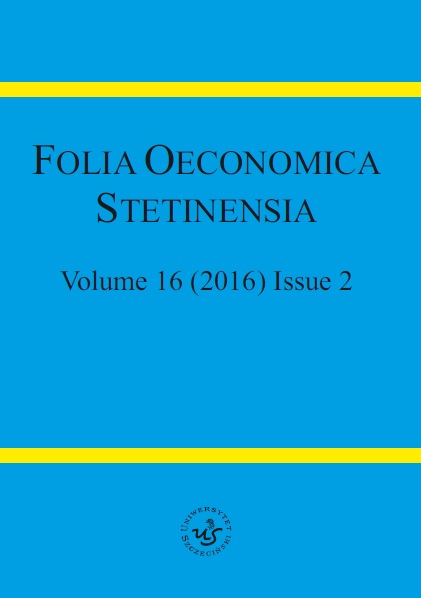
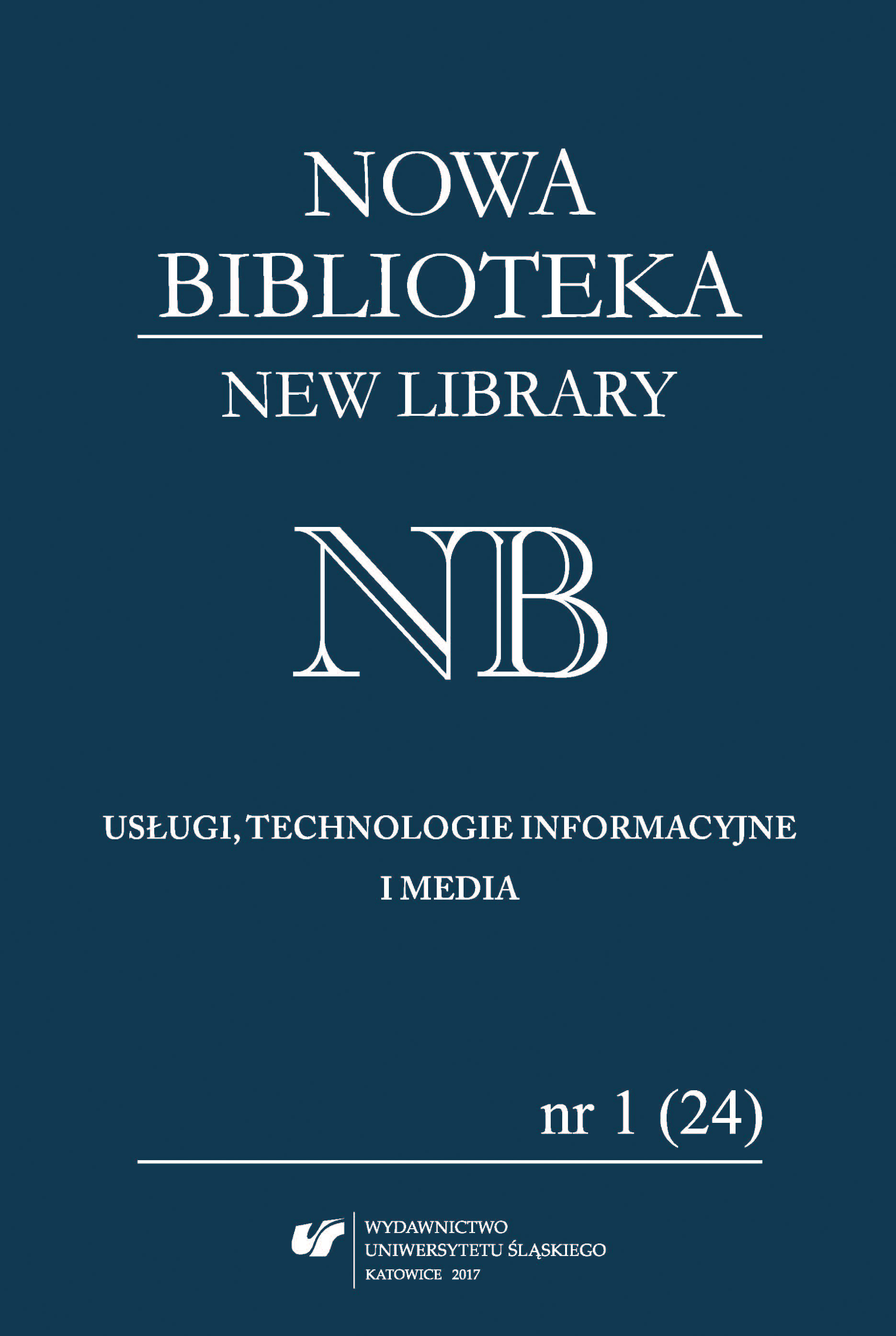
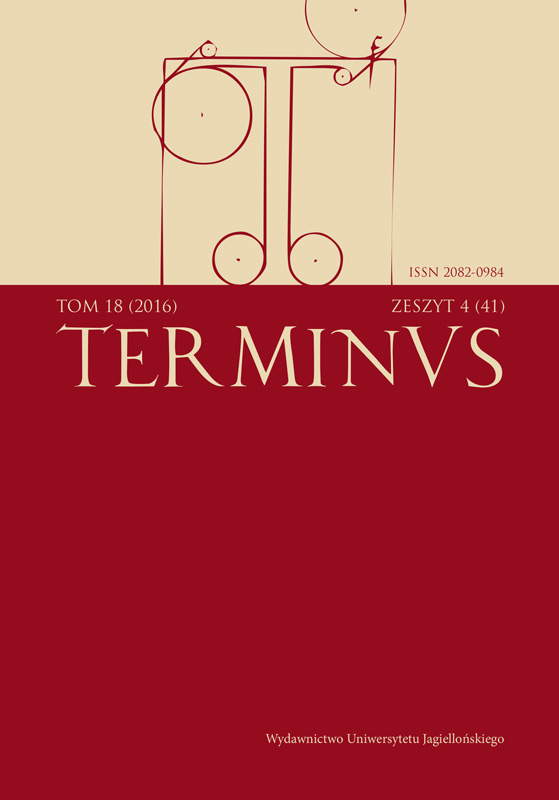
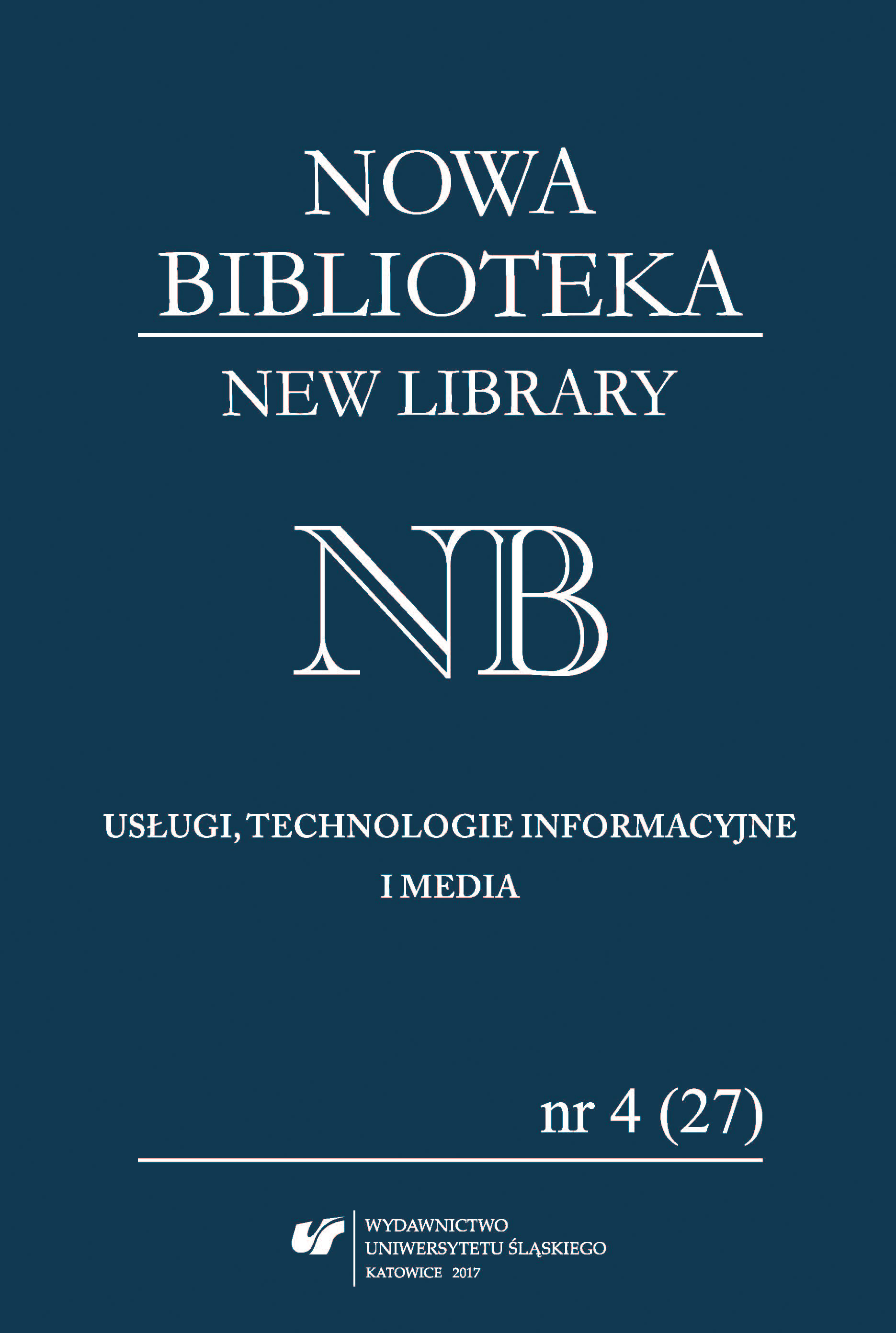
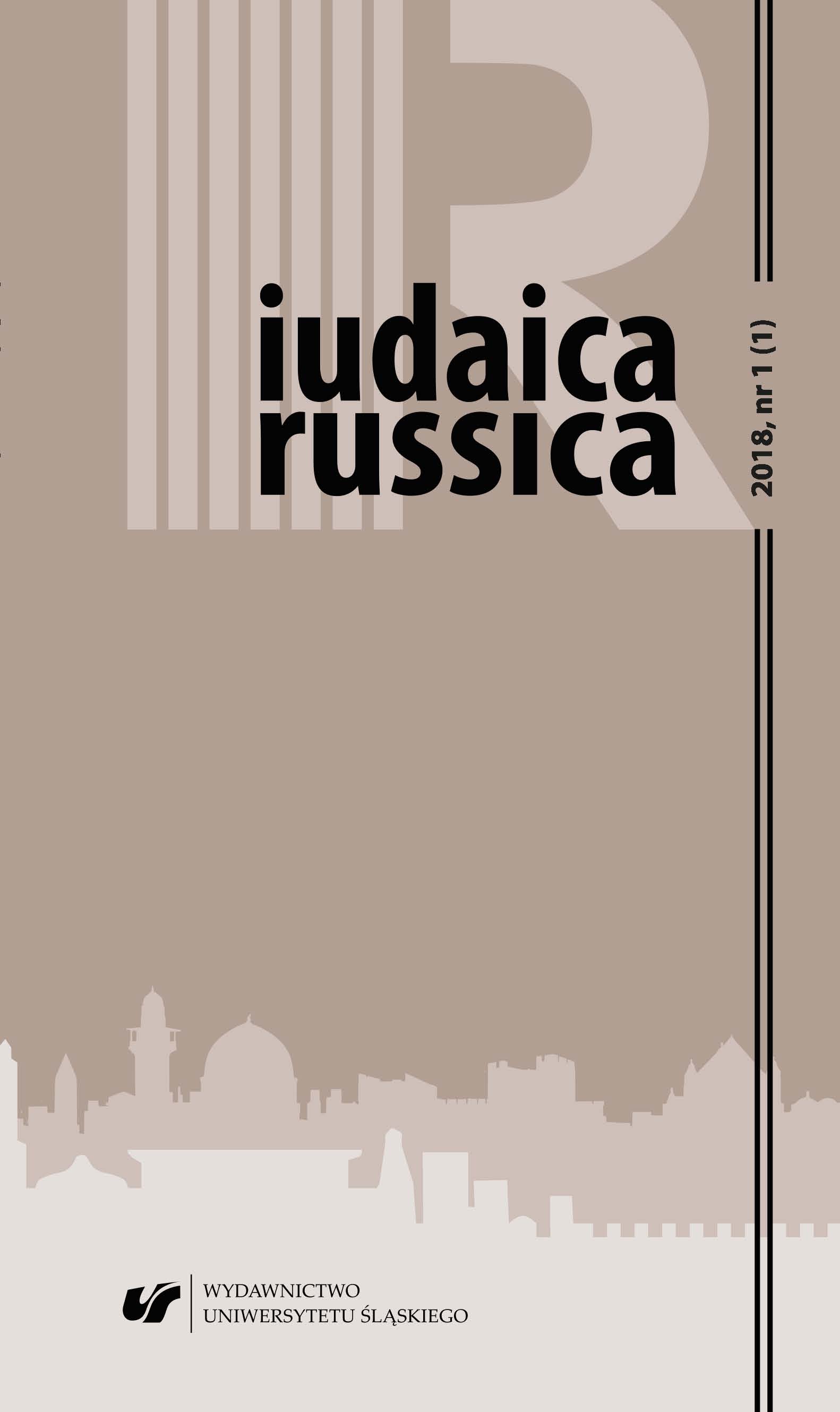
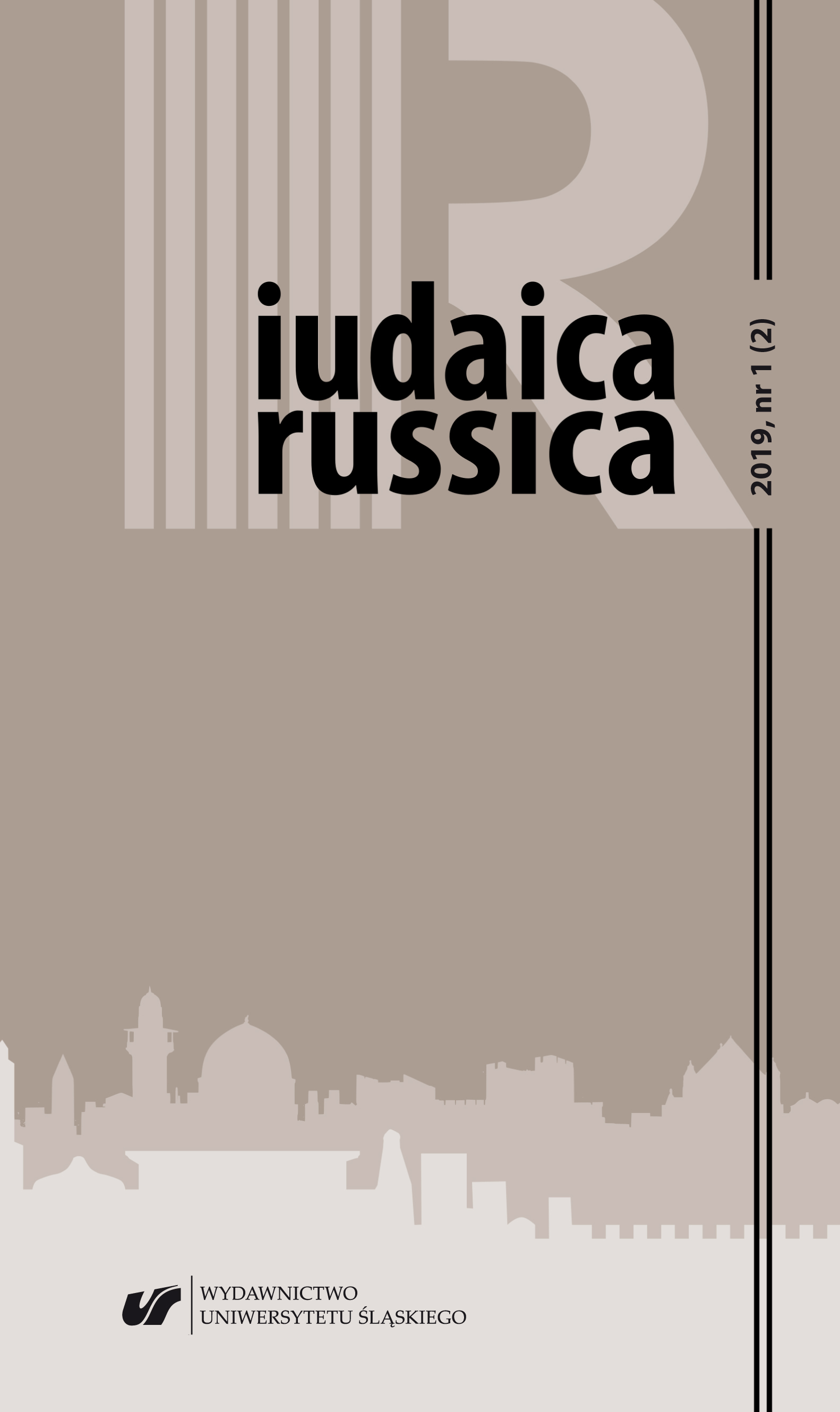
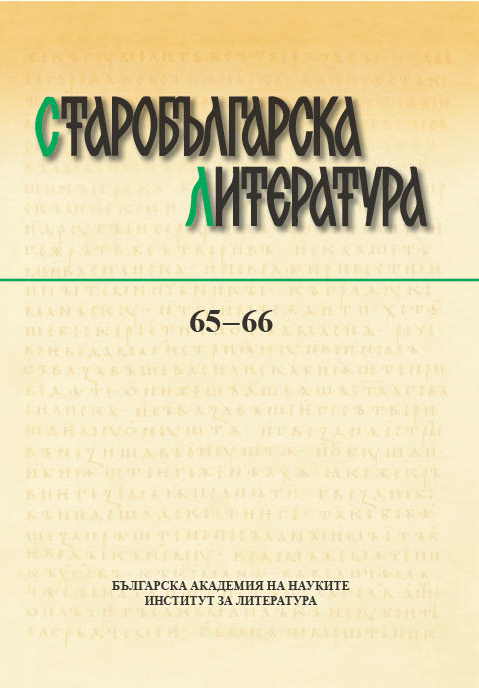
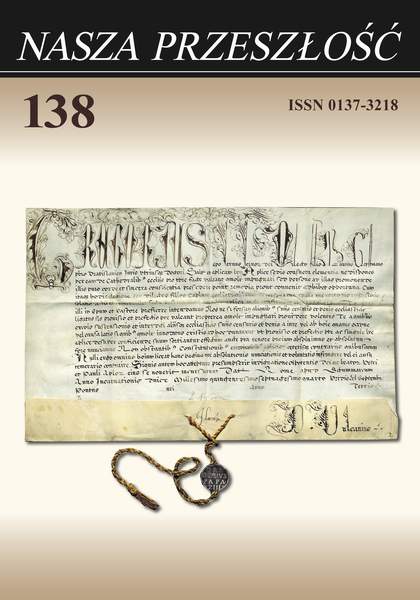
![Continental Expedition (Rev.: Wiesław Pawlak. Respublica litteraria pisarzy nowołacińskich XVI-XVII wieku. Studia i szkice [Respublica litteraria of New Latin Writers of the 16th-17th Centuries: Studies and Sketches])](/api/image/getissuecoverimage?id=picture_2023_79028.jpg)